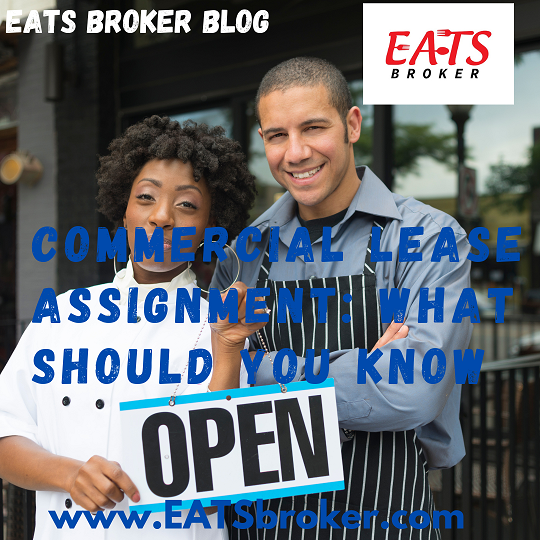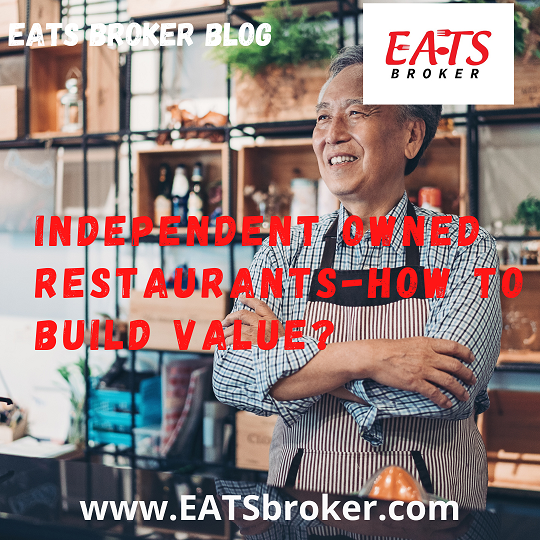
Restaurant Sellers vs. Restaurant Buyers-Different Mindsets
Restaurant Sellers vs. Restaurant Buyers have different mindsets when it involves buying or selling a restaurant. When a restaurant owner decides to sell a restaurant,

Restaurant Sellers vs. Restaurant Buyers have different mindsets when it involves buying or selling a restaurant. When a restaurant owner decides to sell a restaurant,

What should you know about a Commercial Lease Assignment before signing the lease? The lease assignment can be short and brief, but it has a

As an Independent Owned Restaurant, how do you increase restaurant value for resale besides good food and environment? Independent Owned Restaurants for sale usually sell

© Copyright 2025 EATS Broker | Consumer Protection Notice | Information About Brokerage Services